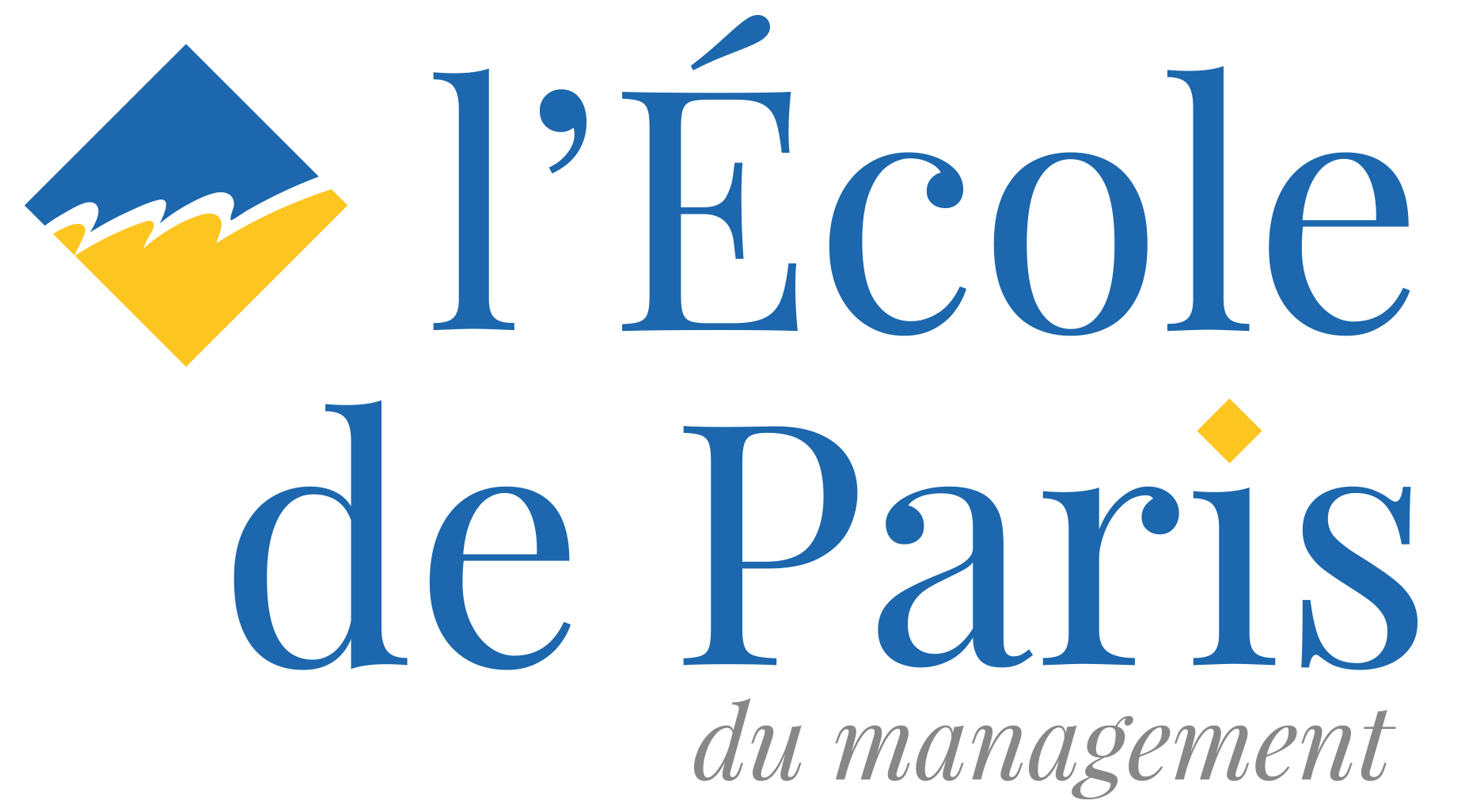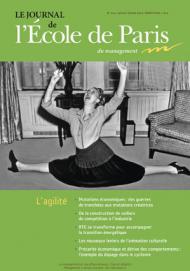Economic uncertainty and negative practices: the example of doping in cycling
Seminar Economy and meaning | Wednesday January 22, 2014 - 9h - 11h30
At the request of the International Cycling Union, Olivier Aubel and his colleagues at the University of Lausanne’s Sport Sciences Institute conducted a study into doping in cycling. The results of this study paint a much more restrained picture than that portrayed by the moralising and sensation-hungry media. Professional cycling is an uncertain world. Teams depend on sponsors who rarely commit themselves for long periods. Consequently, the teams are insecure and cyclists who do not produce good results do not remain in the team. The teams are often not able to provide their sportsmen with the infrastructure that they need. Generalised uncertainty‚ difficult working conditions and inadequate organisation are the reasons why cyclists resort to doping, especially older cyclists, as in many other professions where people are pushed to their physical limits. It is necessary to carry out drug testing and to educate people in order to overcome this curse. Giving people moral lessons is much less efficient than providing measures to combat job insecurity and unpleasant working conditions‚ especially when ex-cyclists make professional reconversions.
The entire article was written by:
Jean BÉHUE GUETTEVILLE



No comments yet